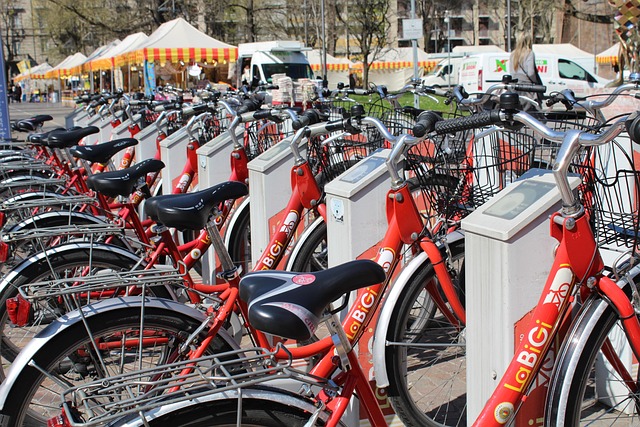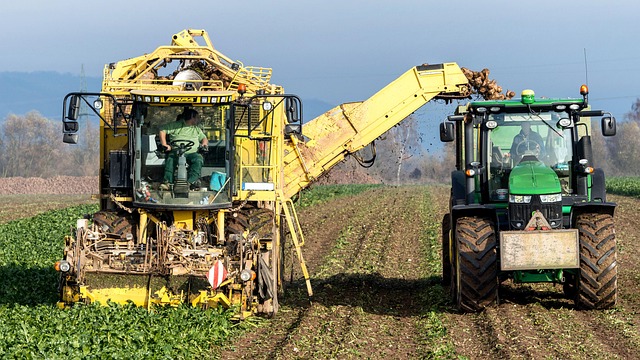As the world continues to grapple with the effects of climate change, the need for sustainable transport solutions has never been more urgent. With urban areas expanding and pollution levels rising, the push for greener alternatives is shaping not just our cities but also the very fabric of our daily lives. One of the most effective and enjoyable ways of achieving this shift is through cycling, a movement that embodies the essence of sustainable development.
Cycling represents more than just a mode of transport; it’s a lifestyle choice that significantly reduces our ecological footprint. By choosing to ride instead of drive, individuals contribute to lower greenhouse gas emissions, decreased traffic congestion, and improved air quality. The bicycle’s simplicity and efficiency serve as a powerful reminder of how small actions can collectively lead to substantial positive change.
Innovations in green technologies further enhance the appeal of cycling. Imagine bikes equipped with solar-powered lights, electric assist to help tackle those steeper hills, or even smart locking systems that ensure security. These advancements not only make cycling more accessible to a wider audience but also cater to the demands of modern urban living. The integration of these technologies into the bicycle infrastructure supports the concept of carbon neutrality, as cities work toward creating environments that allow all residents to travel sustainably.
In addition to personal benefits, cycling fosters community engagement and social interactions. Bike-sharing programs and organized cycling events often bring people together, creating a sense of locality and shared purpose. Communities that embrace cycling as part of their transportation network see firsthand how it enhances the quality of life, from health benefits to increased social cohesion.
Moreover, local governments and organizations are increasingly recognizing the importance of promoting sustainable transport. Policies that prioritize bike lanes, invest in maintenance, and provide safe riding infrastructure make it easier for more people to make the switch. As a result, cities are transforming into cycling-friendly environments where the act of riding a bike becomes a natural choice for daily commuting.
Recognizing the role green technologies play in creating efficientcycling solutions is essential. From advanced materials making for lighter bikes to mobile apps that track emissions saved by choosing two wheels over four, technology provides the tools necessary to empower individuals in their pursuit of a carbon-neutral lifestyle.
In this ever-evolving landscape of sustainable transport, it’s clear that the bicycle holds a special place as a beacon of hope. With every pedal stroke, we can contribute to a more sustainable future, where our choices reflect our commitment to preserving the planet for generations to come. Cycling isn’t just about getting from point A to B; it’s about making a conscious choice to support an eco-friendly lifestyle that echoes the rhythms of nature itself. So, let’s gear up and ride towards a greener tomorrow, one cycle at a time.




